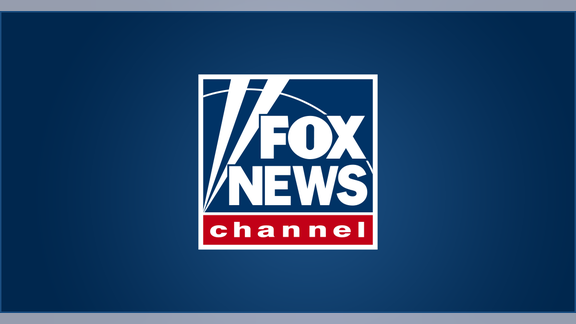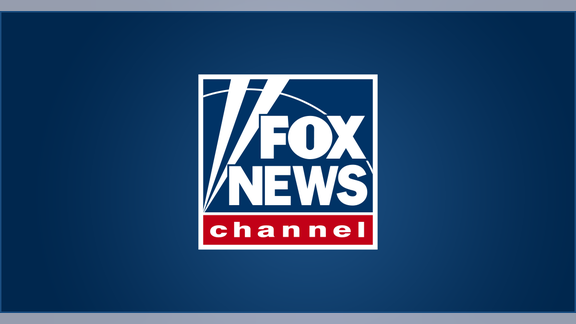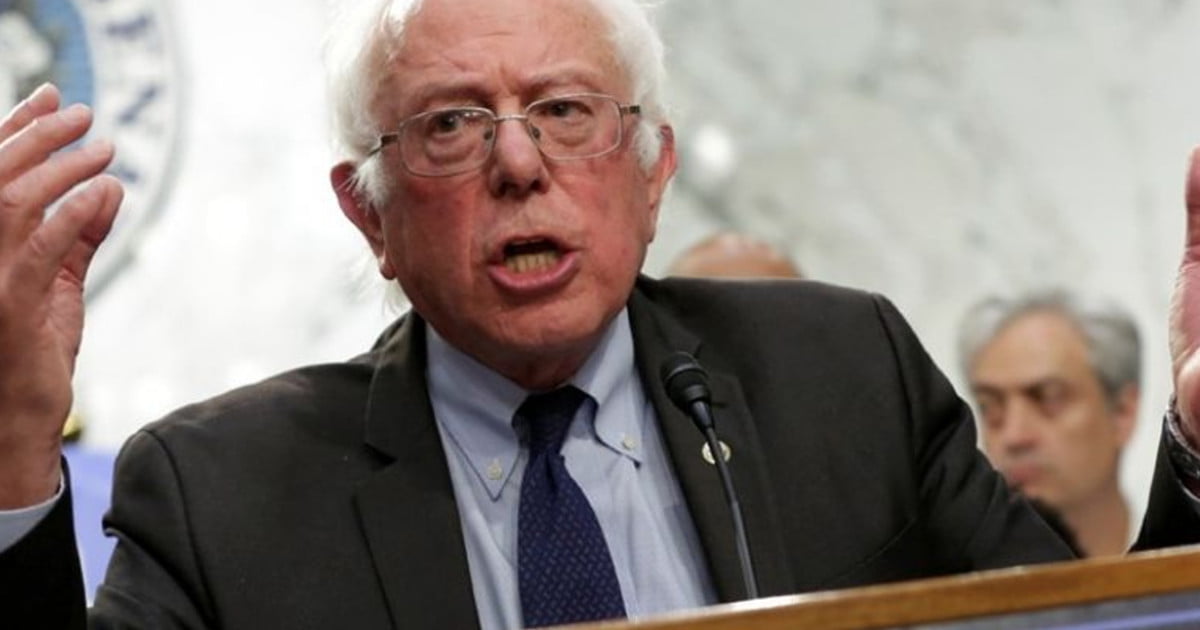Sen. Bernie Sanders has seemingly struggled to address recent allegations that Russia’s campaign to interfere in the 2016 presidential election included a plan to boost his Democratic primary campaign.
For well over a year, it was alleged that Moscow’s meddling mainly was meant to boost now-President Trump and harm then-Democratic rival Hillary Clinton.
A bombshell Feb. 16 indictment filed against 13 Russian nationals in Robert Mueller’s Russia probe bolstered those allegations, in stunning detail — but also said the Russians sought to help Sanders.
Russian nationals, the indictment said, “engaged in operations primarily intended to communicate derogatory information about Hillary Clinton, to denigrate other candidates such as Ted Cruz and Marco Rubio, and to support Bernie Sanders and then-candidate Donald Trump.”
The details create an awkward situation for the Vermont senator, as he is seen to be positioning himself for a potential 2020 White House run.

Sanders, however, has yet to give a clear response on whether he and his campaign were aware of, or took action to address, the interference — like Russian bot social media accounts allegedly supporting his campaign. Instead, Sanders, I-Vt., has tried to shift the scrutiny toward Clinton’s campaign for not doing more to prevent Russian meddling.
“The real question to be asked is what was the Clinton campaign [doing about Russian interference]? They had more information about this than we did,” Sanders said in an interview last week with Vermont Public Radio. “They were supporting my campaign? No. They were attacking Hillary Clinton’s campaign and using my supporters against Hillary Clinton.”
One episode in the indictment involved Russian nationals allegedly circulating in February 2016 an internal “outline of themes for future content to be posted to organization-controlled social media accounts.”
“Specialists were instructed to post content that focused on ‘politics in the USA’ and to ‘use any opportunity to criticize Hillary and the rest (except Sanders and Trump –we support them),” the documents said.
Sanders claimed in the radio interview, and again on NBC’s “Meet the Press,” that a campaign aide shared information with the Clinton campaign about suspected anti-Clinton Russian trolls on a campaign Facebook page.
“A guy who was on my staff … checked it out and he went to the Clinton campaign, and he said, ‘You know what? I think these guys are Russians,’” Sanders said. His former campaign manager Jeff Weaver said the senator’s comments were based on news reports, specifically one by NBC’s San Diego affiliate that suggested a campaign volunteer brought the findings to the Clinton team.
Politico, however, reported that the ‘staffer’ Sanders was referring to, John Mattes from San Diego, was just a volunteer — and did not receive any direction from Sanders or campaign staff, but rather communicated on his own with a Clinton-backing super PAC

The Clinton campaign itself denied receiving information from Sanders’ campaign on the issue, telling Politico that no one from Sanders’ campaign reached out.
Weaver later told Politico that Sanders did not have any firsthand knowledge that that happened.

